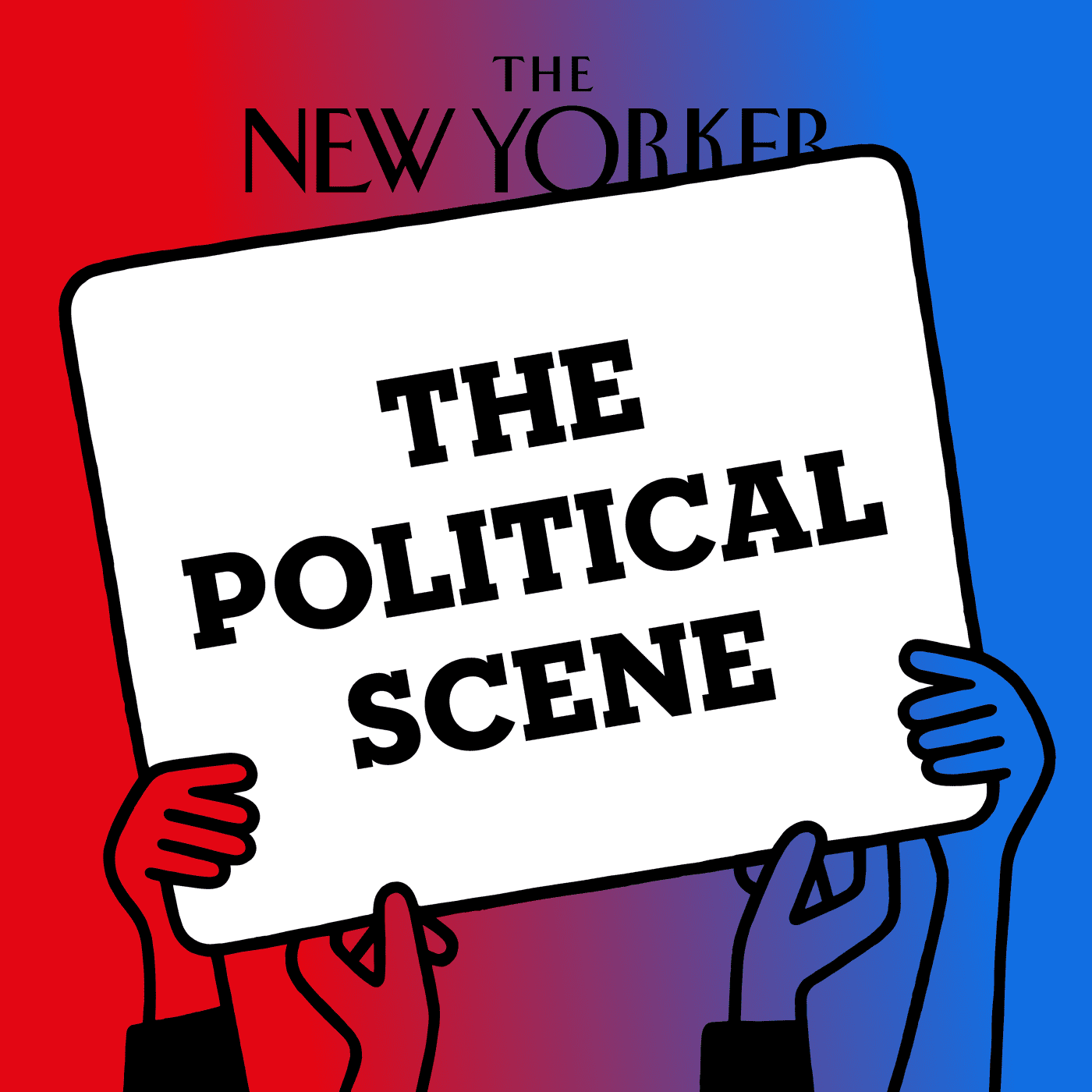- After-Shows
- Alternative
- Animals
- Animation
- Arts
- Astronomy
- Automotive
- Aviation
- Baseball
- Basketball
- Beauty
- Books
- Buddhism
- Business
- Careers
- Chemistry
- Christianity
- Climate
- Comedy
- Commentary
- Courses
- Crafts
- Cricket
- Cryptocurrency
- Culture
- Daily
- Design
- Documentary
- Drama
- Earth
- Education
- Entertainment
- Entrepreneurship
- Family
- Fantasy
- Fashion
- Fiction
- Film
- Fitness
- Food
- Football
- Games
- Garden
- Golf
- Government
- Health
- Hinduism
- History
- Hobbies
- Hockey
- Home
- How-To
- Improv
- Interviews
- Investing
- Islam
- Journals
- Judaism
- Kids
- Language
- Learning
- Leisure
- Life
- Management
- Manga
- Marketing
- Mathematics
- Medicine
- Mental
- Music
- Natural
- Nature
- News
- Non-Profit
- Nutrition
- Parenting
- Performing
- Personal
- Pets
- Philosophy
- Physics
- Places
- Politics
- Relationships
- Religion
- Reviews
- Role-Playing
- Rugby
- Running
- Science
- Self-Improvement
- Sexuality
- Soccer
- Social
- Society
- Spirituality
- Sports
- Stand-Up
- Stories
- Swimming
- TV
- Tabletop
- Technology
- Tennis
- Travel
- True Crime
- Episode-Games
- Visual
- Volleyball
- Weather
- Wilderness
- Wrestling
- Other
In a Divided Era, the New York Times’s Publisher Makes a Stand
Over the past several years, as democratic institutions come under attack and authoritarians try to destabilize factual truth, some journalists have argued that the traditional principles of neutrality, or independence, are no longer adequate: they believe reporters need to state their beliefs, and defend threatened principles and peoples. “The traditionalists in the ranks have long believed that their long-standing view speaks for itself,” says A. G. Sulzberger, the publisher of the New York Times. “I became increasingly convinced that the argument doesn’t make itself.” Sulzberger tells David Remnick why he needed to make a stand in an essay for the Columbia Journalism Review. Sulzberger insists on a clear-eyed pursuit of truth in reporting, even if it leads to uncomfortable conclusions. “In this hyper-politicized, hyper-polarized moment, is society benefiting from every single player getting deeper and deeper, and louder and louder, about declaring their personal allegiances and loyalties and preferences?” Sulzberger discusses scandals that have rocked the Times’s newsroom, including an inflammatory editorial by Senator Tom Cotton, and recent public petitions on the coverage of trans issues. And he explains why he still can’t hire a Trumpist.

